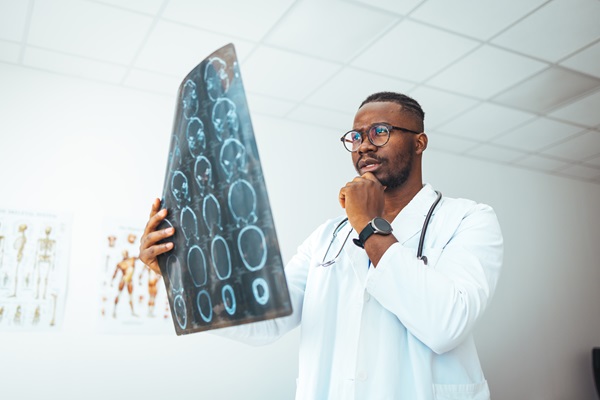Causes and Treatment for Facial Paralysis from a Neurosurgeon

Facial paralysis is a condition where the person loses the ability to move the facial muscles. This can happen to one or both sides of the face. This condition can result from several conditions. It can cause problems with eating, speaking, blinking, or swallowing. If you want to find out about the causes and treatments for facial paralysis, here are the details from a neurosurgeon.
Cause 1: Bell’s palsy
This is a neurological disorder affecting the seventh cranial nerve. It results in the inability to move one side of the face. Research shows that this can occur in an instant and then worsen in a matter of hours. The affected muscles may look expressionless and smooth. The individual may lose the ability to close the eye on one side of the face.
The person will experience stiffness on one side of the face and pain behind the ear of the affected side. There will also be neck stiffness and elevated temperature before facial paralysis. The main cause of Bell’s palsy is still unknown. Studies show that immune system disorders and viruses are possible causes.
Some cases prove that Bell’s palsy can disappear in three months. Most patients get better without even receiving treatment. The attending neurosurgeon may recommend mild electrical stimulation with massage for the paralyzed facial muscles. This can prevent long-term facial paralysis and improve muscle tone.
The doctor can prescribe oral corticosteroids to help reduce the symptoms. These medications will weaken the immune system. The patient can take antivirals while on corticosteroids. Wearing eye protection is important if the eye cannot close. Eyeglasses, goggles, or eye drops can help.
Cause 2: stroke
Bleeding in the brain and impaired circulation in the brain can cause a stroke. Ruptures and blockages in blood vessels can also result in it. This affects the communication between the body and the brain. Facial paralysis can spring from any of the different types of stroke.
A stroke needs immediate medical attention. The neurosurgeon will prescribe drugs to stop the bleeding in the brain. This will help save the brain tissue. Some people do not recover completely. Others carry disabilities for the rest of their lives.
Cause 3: brain tumor
A growth in the brain can also cause facial paralysis. A few of the symptoms are seizures, personality changes, and facial numbness. Confirming the presence and location of the tumor is important. An MRI scan can help the doctor find what area of the brain has the growth.
The outlook will depend on the type of tumor. The neurosurgeon may suggest a combination of radiation therapy, chemotherapy, and surgery. Surgery will apply if the tumor is operable. Treating the remaining cancerous cells with radiation and drugs will help stop the cancer from spreading.
Facial paralysis is treatable depending on the cause
This condition may cause many difficulties for you and your loved ones at its onset. It is important to seek medical treatment right away. Facial paralysis can be preventable and treatable. Working with your neurosurgeon can help speed up the process of correcting or managing facial paralysis.
Get more information about Randall Porter, M.D. in Phoenix at https://arizonaneurosurgeon.com.
Check out what others are saying about our services on Yelp: Read our Yelp reviews.
Recent Posts
A brain surgeon can diagnose and treat neurological problems. A simple exam can help create the right treatment plan for these ailments. Seeing this healthcare professional is crucial in improving your quality of life. Here are the details on how your brain surgeon addresses urgent neurological problems.This healthcare professional will perform an extensive neurological exam…
The Journal of neurosurgery states that about 12.8 million people worldwide require neurosurgery treatments yearly. The term "neurosurgery" refers to surgical treatments performed on the central nervous system, which consists of the spinal column, spine, and brain.These procedures might be recommended to treat various issues like herniated discs, spinal cord disorders, and nerve pain. A…
Sciatica is a debilitating condition characterized by pain radiating along the path of the sciatic nerve. This condition can significantly impact your quality of life. While most cases are treatable with conservative treatments like physical therapy, medication, and lifestyle adjustments, some may require surgery.Surgery may be a viable option when a patient continues to feel…
Spinal stenosis is a condition that affects millions of individuals worldwide, primarily those over the age of 50. It occurs when the spaces within the spine narrow, putting pressure on the spinal cord and nerves. This spinal disorder can lead to pain, weakness, and reduced mobility, causing a severe impact on a person's quality of…


